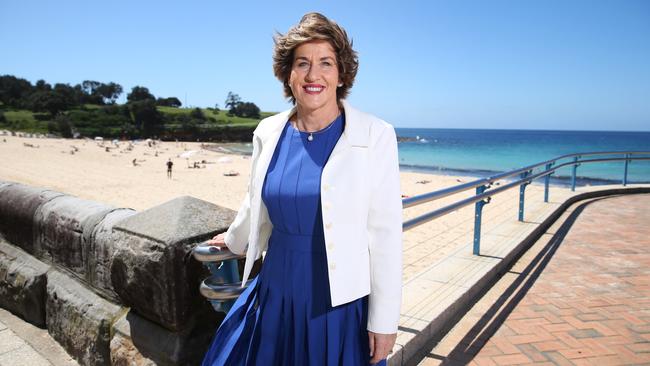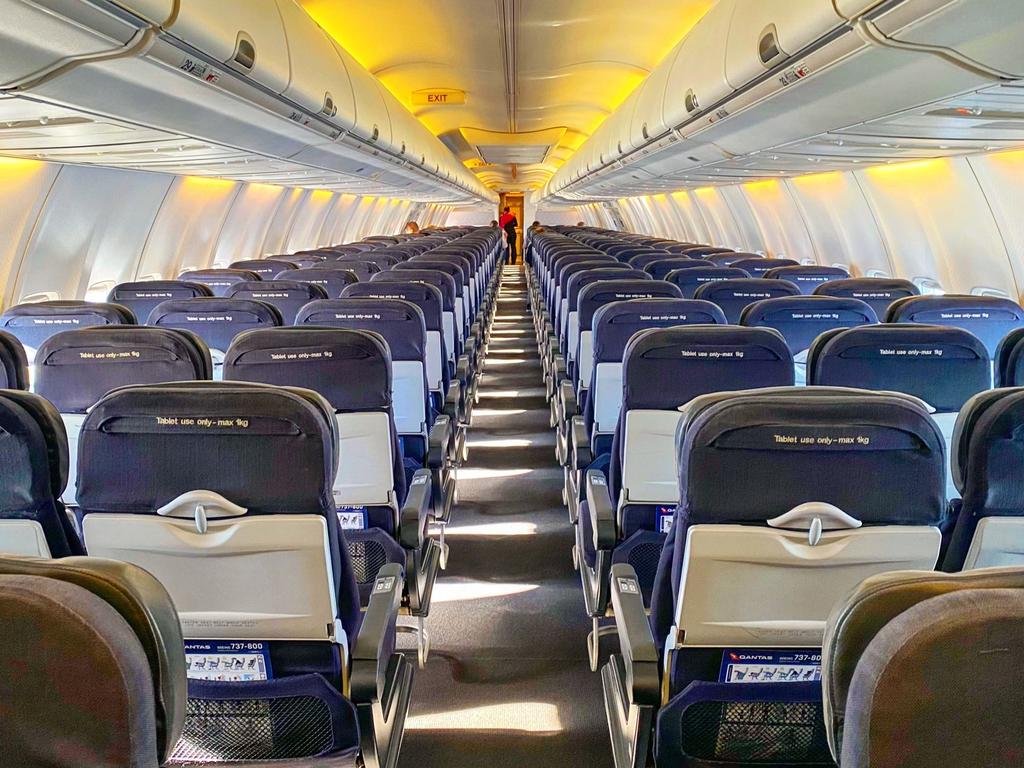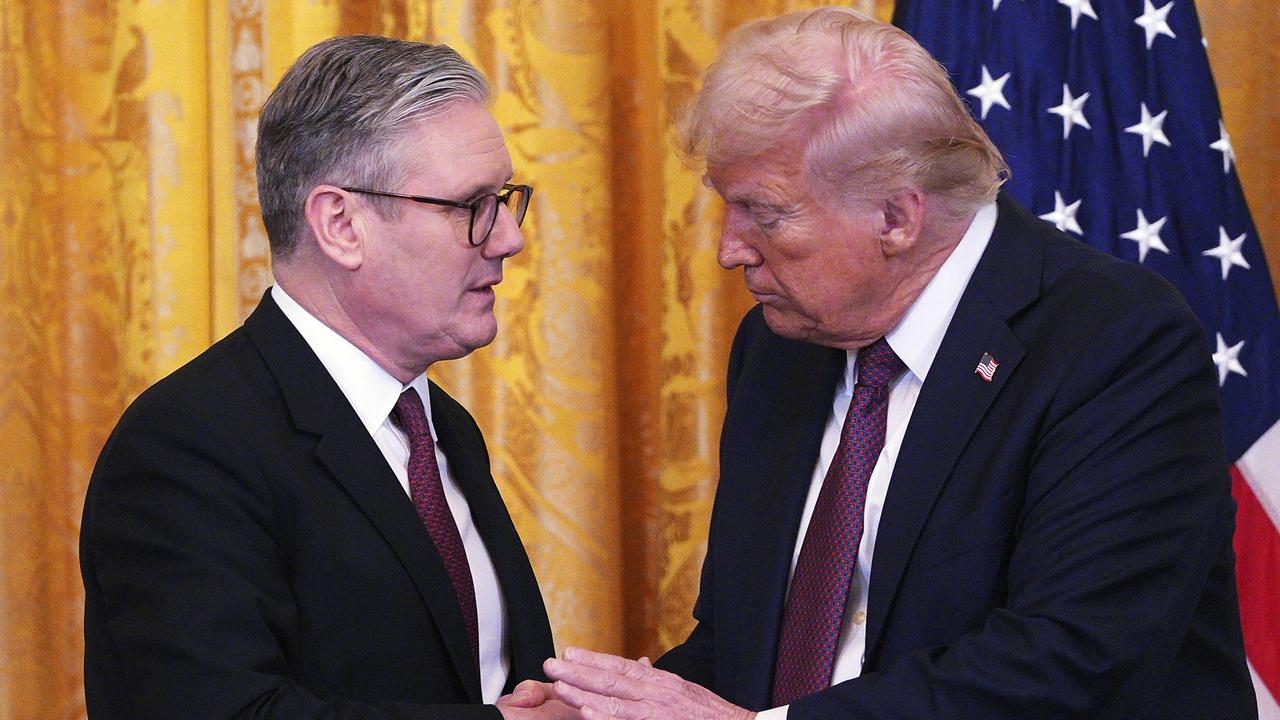Suncorp chair Christine McLoughlin calls for international borders to open
Suncorp Group chair Christine McLoughlin has called on the federal government to provide a “pathway” to opening up international borders.

Suncorp Group chair Christine McLoughlin has called on the federal government to provide a “pathway” to opening up international borders.
Speaking ahead of her appearance at the Australian Institute of Company Directors governance conference on Monday, Ms McLoughlin said business and ordinary Australians needed to know the federal government’s plan to open up Australia to international travel.
“We need to get the borders open in a sensible way and we need the government to let us know what the pathway is and what the timing of it is,” she said in an interview with The Australian.
“It’s having an impact on so many parts of our economy and people’s families.
“We know we have got the vaccine and we know the rough timing of its rollout. We need some indication as to the pathway and the timing of opening up.
“We need certainty and we need to plan for it.”
Ms McLoughlin, who is also a director of Cochlear and chancellor of the University of Wollongong, was speaking after Qantas chief executive Alan Joyce said the airline was now planning to resume international flights by the end of October this year. She said many businesses in Australia, including rural industries, as well as universities and tourism-related businesses were suffering because of the ban on international travellers coming to Australia.
She said families were also struggling from the extended separation from loved ones overseas, with some Australians still stranded offshore, while farmers and rural industries had been particularly hard hit by lack of access to labour with some having to leave fruit unpicked and crops turned back into the soil.
“We’ve got to get our international borders open,” Ms McLoughlin said, adding that continuing to close the borders would have a long-term impact on the population and economic growth.
“If we don’t get them open it will have mean lower population growth and a faster ageing of the population,” she said.
Ms McLoughlin said that business leaders needed to encourage their staff to get the COVID-19 vaccines to help with the recovery from the pandemic.
“We should be encouraging all of our employees to be vaccinated,” she said.
“We can’t mandate it, but we should encourage people to be vaccinated. We give people flu jabs every year so why wouldn’t you take the COVID-19 jab if it is here?”
Ms McLoughlin said there should be a “big call to action” from anyone in leadership roles to speak out in favour of people having the vaccines.
“We need to be very vocal and very supportive of this so we can get the right outcomes,” she said. “We need to be vaccinated as a country.”
Ms McLoughlin said the federal government should go ahead with the end of JobKeeper program as planned at the end of March.
She said the JobKeeper payments to allow employers whose business was hit by COVID-19 to retain their workers had served its purpose and it was time for it to end.
She said the end of JobKeeper should have a “manageable” impact on the economy and also allow more workers to be available to work in new areas, including rural areas.
“There will need to be some targeted support for some sectors, but something more balanced than a blanket scheme.”
She said a lot of small businesses in regional areas were finding it “impossible” to get workers.
“We need to got back to settings which allow the economy to work,” she said.
“JobKeeper has been a good thing but we need to move onto a more sustainable economic model.”
In her comments to the AICD conference on Monday, Ms McLoughlin is also set to urge government and business to continue to work together in making the regulatory changes needed to help economic recovery.
“We can be quite optimistic about our economic outlook,” she said.
“Government and business did work well together last year to manage the COVID-19 health issues.”
She said there was a need to continue the momentum, with more structural reforms to help businesses operate more efficiently — including tax reform to reduce the range of taxes on specific industries including the insurance industry.
She said more work also needed to be done in making areas more resilient to bushfires and floods including hazard reduction.
Ms McLoughlin, who is also a member of the McGrath Foundation and Venues NSW, said business could also get inspiration from leading sporting people who had had to make continual adjustments to be able to continue to play during COVID-19, including quarantining and working in “bubbles”.
“Our sports people have adapted very quickly to the changes needed to continue to play their sport,” she said.
“They have adapted very quickly and worked through the issues and we have seen some great sport over the past six months.”
She said this showed that Australians were capable of great adaptability if they needed to respond to change.
Ms McLoughlin said it was important that business and all levels of government continued to work together in a co-operative way to help the economic recovery from COVID-19 and to remove obstacles to growth in the economy.








To join the conversation, please log in. Don't have an account? Register
Join the conversation, you are commenting as Logout